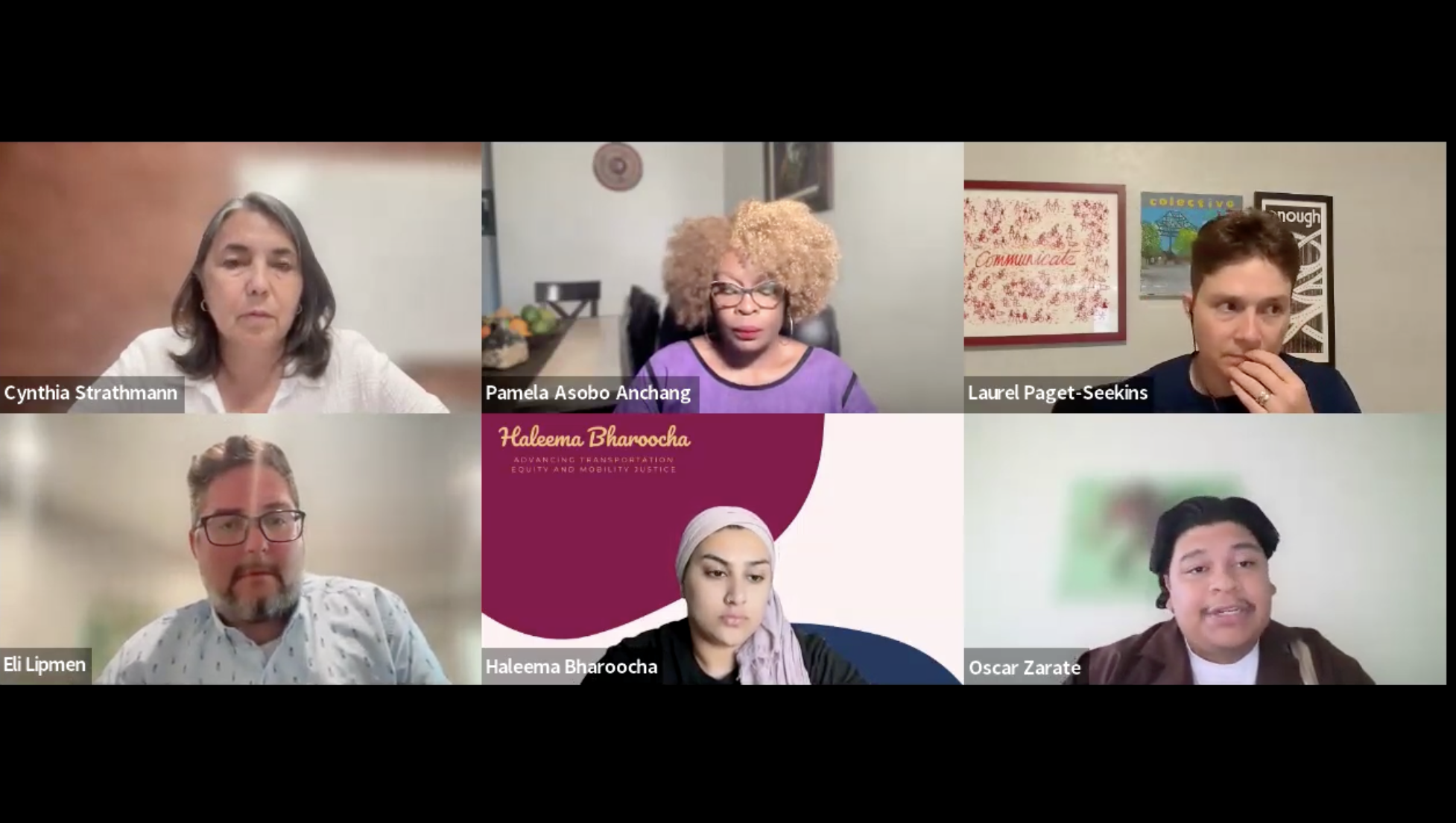Move LA launched SoCal Transit Month with a stark warning that immigration enforcement is reshaping public transit in ways that threaten immigrant riders and the future of transit. Across the state, immigrant communities depend on buses and trains for daily survival, riding to work, school, medical appointments, and grocery stores. When ICE conducts public raids or positions itself near bus stops, those essential trips become too risky. So much so that even people with legal status are staying home. Ridership falls, wages disappear, and local businesses lose workers and customers.
The federal government is pressuring transit agencies to cooperate with immigration enforcement while also undermining civil rights protections such as language access and equity reviews. Agencies already facing budget shortfalls may feel they have no choice but to comply. But advocates warn that if Los Angeles or any agency caves to federal pressure, immigrant riders will suffer first, followed by service cuts and declining systems that hurt everyone.
At the same, time surveillance technology on transit continues to expand. Automation and data tools are being sold as safety improvements but can become pipelines to enforcement if information is shared without consent. Panelists urged agencies to minimize data collection, set strict limits on retention and use, and ensure riders understand privacy protections in the languages they speak.
Transit workers are essential partners in keeping riders safe. Operators and ambassadors are often the first people confronted when enforcement appears on buses or trains. They need training and clear directions so they can support riders, prevent panic, and help connect people to legal assistance. Community groups have stepped in with Know Your Rights outreach, rapid response alerts, and mutual aid for families who suddenly lose income – but they cannot replace public agencies. Riders need visible commitments that transit is a safe place.
Advocates called for strong non cooperation policies with immigration authorities wherever legally possible, expanded multilingual information, and fare relief for families under financial strain. With the Olympics and World Cup approaching, they warned that national security operations could expand enforcement unless local leaders take action now.

